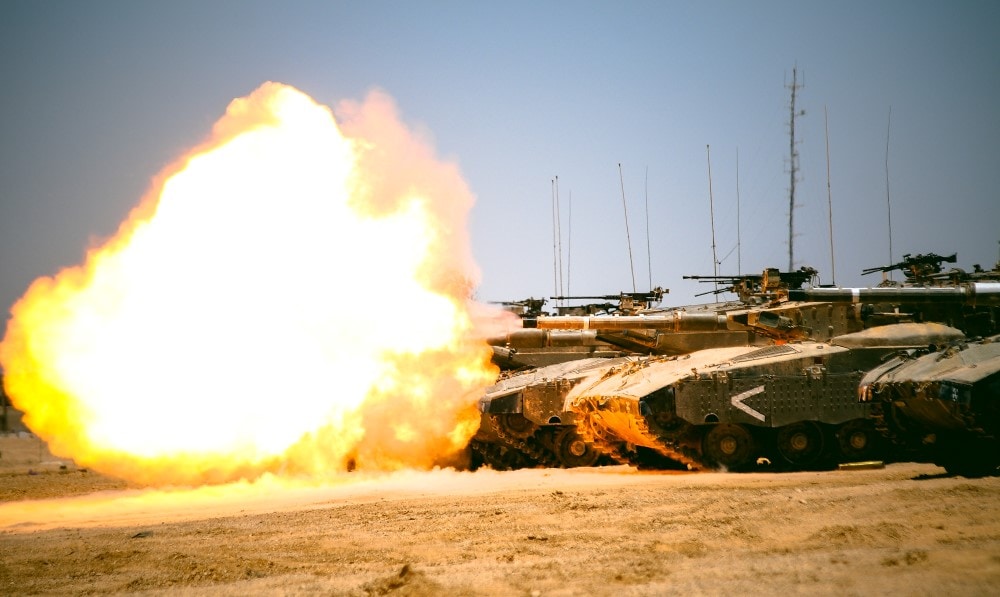
The IDF is a very powerful military machine. However, Israel faces great limits in exploiting its full power due to political and diplomatic reasons.
Israel’s ability to utilize military force largely depends on two connected factors: Domestic and global legitimacy, and threat level. The equation is simple: Israel uses more military power when it faces graver threats and suffers more damage.
Israel used limited force in the face of Palestinian terrorism 20 years ago, until it spiraled out of control. After a deadly string of suicide bombings in March 2002, the IDF raided the West Bank, conquered it quickly, and destroyed terror hubs.
In 2006, a deadly Hezbollah raid triggered the destruction of the group’s Beirut nerve center and long-range rockets. Hezbollah chief Hassan Nasrallah later said that starting the war was a mistake, and avoided repeating it for over 15 years. The war deeply impacted his worldview and willingness to take risks, according to an Israeli psychological profile.
Assessing Israel’s military power
The gap between the IDF’s strength and ability to use it has traditionally been the widest in Gaza, as Hamas is relatively weak and the Palestinians enjoy wide global support. [This changed to some extent after October 7, but Israel still faces more restrictions in Gaza than elsewhere]
In Lebanon, the IDF would use far more force, because Hezbollah is more dangerous and enjoys far less support.
In a broad military conflict with the Iran axis, Israel will be very aggressive and use overwhelming military power.
Analyzing a nation’s military strength could be tricky, as this involves many factors and key information is often classified. But basic analytical pitfalls and errors should be avoided.
Concluding that Israel is “weak” based on its hesitance to launch wars is a mistake. Similarly, assessing IDF power based on limited use of force in low-intensity warfare is a mistake. As shown in the past, misjudging Israel’s military power could be a dangerous move with unexpected results.


